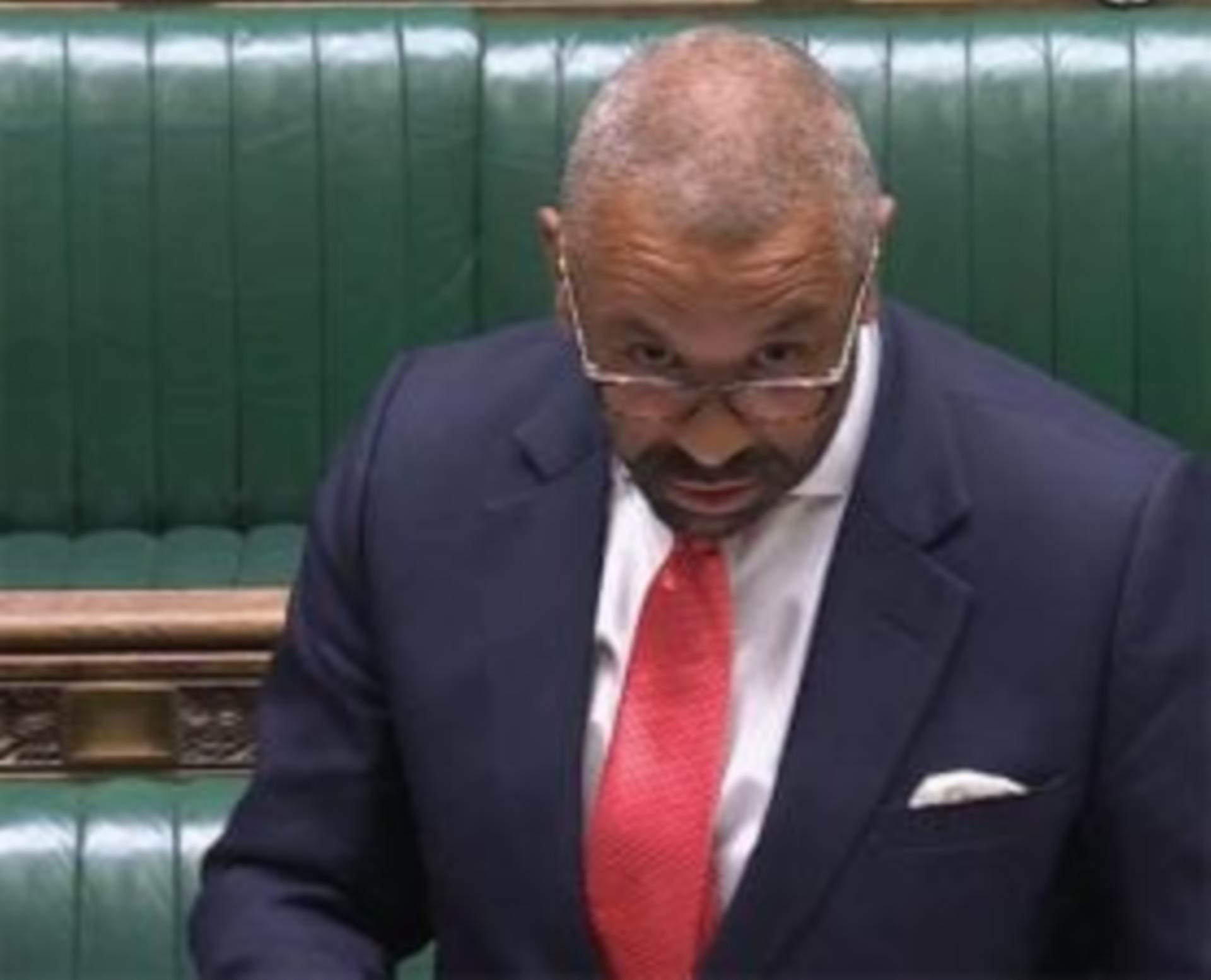
Date Published 09 September 2025
The controversial legislation, which will see the private rented sector entirely overhauled, sailed through its likely final debate ahead of becoming law.
In an article published today by Nigel Lewis of The Negotiator Magazine
Housing minister Matthew Pennycook rejected almost all of the non-Government amendments to his Renters' Rights Bill as the legislation went through its final but sparsely-attended debate in the Commons last night.
Pennycook justified this by saying landlords should not be given any chance, however small, to ‘abuse the system' and mistreat tenants or badly manage properties.
The minister, with new housing secretary Steve Reed at his side, said: 'This Government was elected with a clear mandate to do what the Conservatives failed to do during the last Parliament – namely, to modernise the regulation of our country's insecure and unjust private rented sector, and empower private renters by providing them with greater security rights and protections.
'Our Renters' Rights Bill does just that, and it needs to receive Royal Assent as quickly as possible so that England's 11 million private renters can benefit from its provisions.'
Rejected
Some 20 key non-Government amendments to the Bill had been tabled by the Lords but as these have now been largely rejected en masse, it remains to be seen whether the Bill will now go through the ‘ping pong' process of returning to the Lords for these amendments to be modified or new ones suggested.
Given Labour's large majority in the Commons, and the enthusiasm of its back bench MPs and Ministers to get the Bill to Royal Assent before the Labour conference next week, this looks unlikely, but possible.
Key measures
Therefore all of the key measures in the Bill stand without amendment including the abolishment of Section 21, introduction of the Decent Homes Standard, limits on rent increases and an end to bidding wars, the introduction of a new ombudsman for renters/landlords, a public database of properties and the abolishment of Assured Shorthold Tenancies.
Labour's long-held belief that too many renters face insecurity of tenure was much repeated during the debate, although no mention was made of landlords and letting agents who face rogue tenants who deliberately fail to pay their rent, severely damage properties or behave anti-socially.
Pennycook also dismissed the argument, made by new Shadow Housing Secretary James Cleverly, that landlords need financial protection from damage caused by tenants' pet, covered by two Lords amendments.
One sought to reinstate the Government's original proposal to allow landlords to ask for pet damage insurance to be taken out by tenants, the other for three weeks' rent taken as an additional deposit.
'We already have the delegated powers necessary, under the Tenant Fees Act 2019, to allow higher deposits for tenancies with pets, should evidence come forward to the contrary,' said Pennycook.
The other non-Government Lords amendments rejected included:
– Expanding the possession ground 4A to also apply to one-bedroom and two-bedroom properties let to students.
– Extending possession ground 5A to other types of agricultural workers, regardless of their employment status.
– Introducing a new possession ground 8A which would allow a landlord to seek possession of their property where it was needed to house a carer for the landlord or for a member of the landlord's family.
– Reducing from 12 months to six months the restricted period during which landlords cannot relet their property. And exempting shared owners from the 12-month restriction.
– Enabling a primary authority to give assured advice to lettings agents on achieving compliance under the Tenant Fees Act 2019.
– Requiring local authorities to meet the criminal rather than civil standard of proof when imposing financial penalties for breaches of the rental discrimination and rental bidding requirements.
The Government also suggested and rubber-stamped its own amendments to the Bill including giving landlords three months to evict tenants as long as possession notices are served before the Bill becomes law; giving the Secretary of State powers to amend the Section 13 rent increase rules at a later date if a backlog of cases builds up in the courts; allowing landlords to keep rent in advance for existing tenancies once the legislation goes live; exempting PBSA accommodation from the Bill and allowing councils to enter properties to inspect conditions without prior notice.
Cleverly provided an impressive and reasoned take-down of many aspects of the Bill but said overall that: 'It risks driving private landlords out of the sector, reducing the supply of private rented accommodation and pushing up rents for those in the private rented sector.
'Limiting the supply of such accommodation means limiting the options for tenants in the private rented sector and leaving them worse off.
'While I have no doubt that the Bill is full of good intentions, it is poorly though through and counterproductive.'
What happens next?
Assuming the Bill is not returned with further amendments by the Lords, it will then be sent to the King for Royal Assent, although secondary legislation will need to commenced for many of its provisions to be usable, although the introduction of a system of open-ended tenancies during which tenants need only give two months' notice at any time will go live immediately.
However, Pennycook has committed to providing ‘sufficient notice' and work closely with tenant and landlord organisations ahead of implementation.
The Government intends to launch an overarching communications campaign and provide a suite of guidance to help tenants and landlords prepare for commencement of the act.
If you are a landlord in Poole worried about the new legislation coming in please get in contact with us 01202 621900.
#poolelandlords #rentersrights